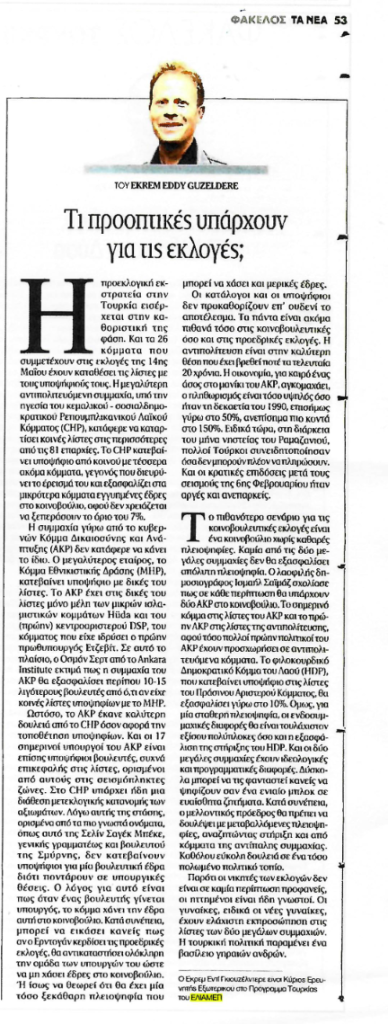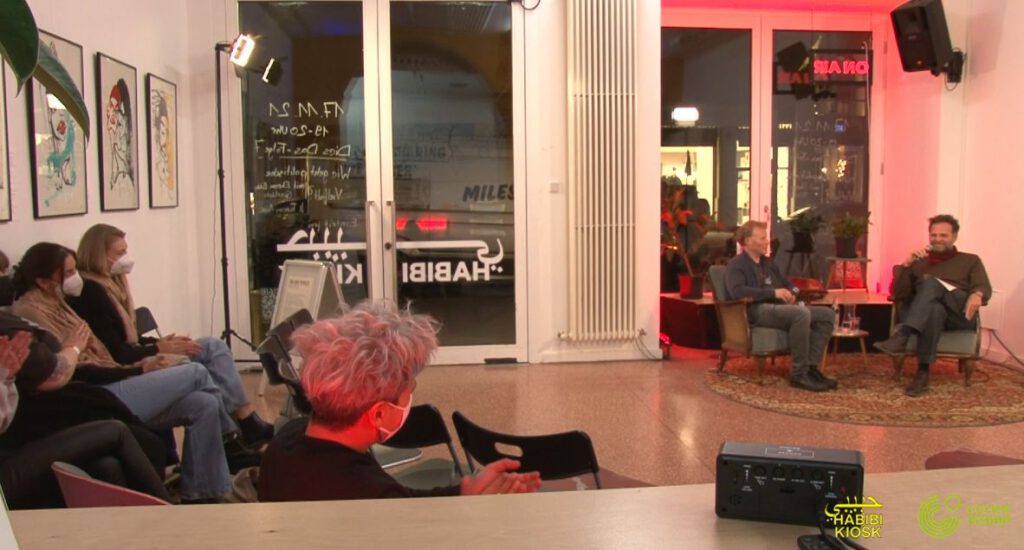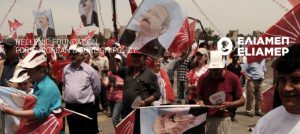Article for Greek daily Ta Nea on the prospects for the 14 May elections in Turkey. Published on 22 April 2023.

English version:
What prospects for the elections in Turkey?
The election campaign in Turkey is entering its decisive phase. All 26 parties participating in the elections on 14 May have submitted their lists of candidates. The largest opposition alliance, lead by the Kemalist-social democratic CHP, has succeeded in drawing up joint lists in most of the 81 provinces. The CHP and 4 parties will run together, which broadens the support and secures the small parties guaranteed seats in parliament, since they won’t have to jump the 7% threshold. The alliance around the ruling AKP has not succeeded in doing so. The largest partner, the right-wing MHP, will run with its own lists. The AKP only has on their list members of the small Islamist parties Hüda and the (former) centre-left party DSP of former prime minister Ecevit. Through this constellation, Osman Sert from the Ankara Institute argued that the AKP alliance has about 10-15 fewer deputies than if there were a joint list with the MHP.
However, the AKP did a better job than the CHP in fielding candidates. All 17 current AKP ministers are also candidates for MPs, often leading the lists, some of them in the earthquake zones. In the CHP, there is already a mood to distribute the posts for after the election. Because of this attitude, some of the well-known names like Selin Sayek Böke, general secretary and Izmir MP, are not running for MP because they speculate with ministerial posts. The reason for this is that when MPs become ministers, the party loses that seat in parliament. Therefore, one can speculate that if Erdogan wins the presidential election, he will replace his entire team of ministers so as not to lose seats in parliament. Or he may think he will have such a clear majority that he can also lose a few seats.
The lists and the candidates are by no means a preliminary decision. Anything is still possible in both the parliamentary and presidential elections. The opposition has never been in such a good position in the past 20 years. The economy, long a trump card for the AKP, is struggling, inflation is as high as it was in the 1990s, officially around 50 %, unofficially closer to 150 %. Especially now, during the fasting month of Ramadan, many Turks realized what they can no longer afford. And, the performance of the state following the earthquakes on 6 February was late and insufficient.
The most likely scenario for the parliamentary elections is a parliament with no clear majorities. None of the two big alliances will reach an absolute majority. Popular journalist Ismail Saymaz commented that in any case there will be two AKPs in parliament. The current one on the AKP list and the former AKP on the opposition list, because so many former AKP politicians joined opposition parties. The pro-Kurdish HDP, which runs on the lists of the Green Left Party, will reach around 10%. But, for a stable majority, the inner-alliance differences will be at least as complicated as getting the HDP support. Both big alliances have huge ideological and programmatic differences. It is difficult to imagine that the alliances will vote as blocks on sensitive issues. Therefore, the future president will have to work with changing majorities and getting the support also from parties within the opposing alliance. Not an easy job in such a polarized political landscape.
While the winners of the elections are by no means clear, the losers are already now known. Women, especially young women, are only scarcely represented on the lists of the two big alliances. Turkish politics continue to be an old men’s realm.


